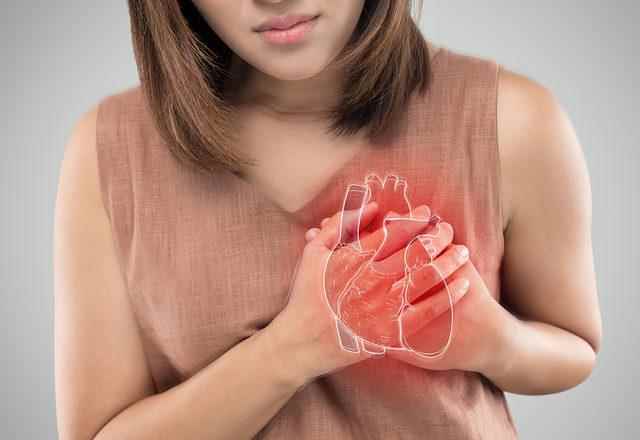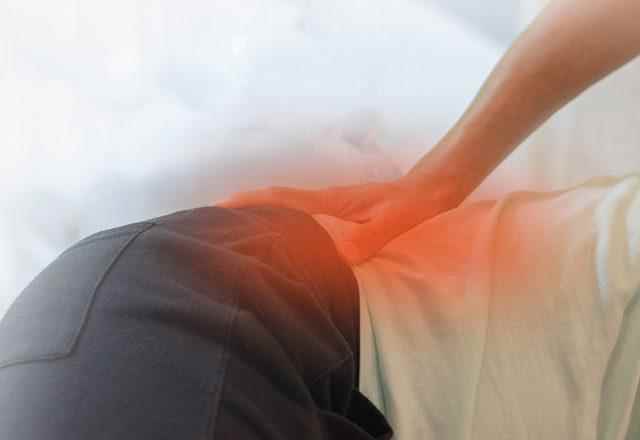Every month of Ramadan, a lot of thoughts arise about fasting. It is recommended that people whose fasting will have very serious consequences should not fast. Experts advise to eat regularly at iftar and sahur and to drink plenty of water in order to keep healthy fasting and not to become weak during the day. It is necessary to stay away from sweets and heavy meals during Ramadan. Obstetrics and Gynecology Specialist Op. Dr. Aylin Akıncı, Endocrinology and Metabolic Diseases Specialist, Uzm. Dr. Safiye Arık, Gastroenterology Specialist Specialist. Dr. Ayşegül Öziş, Internal Medicine Specialist Uzm. Dr. Engin Yurt, Nephrology Specialist Uzm. Dr. Hasan Çakır made suggestions for healthy fasting.
FASTING MAY BE RISKY FOR PREGNANT AND NURSING MOTHERS
Stating that fasting may be inconvenient for pregnant women and nursing mothers who need to consume plenty of water, Obstetrics and Gynecology Specialist Op. Dr. Aylin Akıncı said, “If you are going to fast, you should consult your doctor, get information about possible risks and fast in a controlled manner.” To expectant mothers during pregnancy; Stating that they recommend eating frequently and little by little without being hungry for a long time, Op. Dr. Aylin Akıncı underlined that fasting may be inconvenient for expectant mothers with risky pregnancy conditions such as diabetes, risk of preterm birth, bleeding, multiple pregnancy, and growth retardation.
IF THE MOTHER IS LOW RISK, DRINK LOTS OF WATER

Kiss. Dr. Akıncı continued her words as follows: “If there is a risk of miscarriage in the expectant mother, it is recommended to consume plenty of fluids. In case of low fluid intake due to fasting, uterine contractions may occur and the risk of premature birth may occur. Water is important in the continuation of pregnancy, in the prevention and treatment of urinary tract infections. Urinary tract infections are common during pregnancy. Drinking plenty of fluids increases urine output. The fact that pregnant women do not drink enough fluids during the day due to fasting can cause low blood pressure and fainting. Since the lack of fluid intake during the day will reduce the mother’s blood volume, it may reduce the baby’s urine output and bladder water. High blood pressure due to pregnancy is also among the risky conditions for fasting.
FEASTING MOTHERS CAN BE RISKY FOR THE HEALTH OF THE BABY

On the other hand, stating that breastfeeding is of great importance in the biological and psychological development of babies, Op. Dr. Akıncı said, “For the healthy development of the baby, the nursing mother should also pay attention to her health. There are many factors that affect the components of breast milk. For this reason, special nutrition programs and diet lists can be given to breastfeeding mothers. Because the foods consumed by breastfeeding mothers directly affect the development of babies. It is important for breastfeeding mothers to pay attention to their nutrition and to take plenty of fluids, especially in the first months. Fasting causes a decrease in milk due to decreased fluid intake. Therefore, fasting is not recommended during breastfeeding. During this period, it is important for mothers to pay attention to the consumption of plenty of fluids and not to skip meals. Therefore, it is recommended that breastfeeding mothers should not fast for at least the first months after birth. It may be difficult to comply with the diet list and nutrition program given while fasting.
THYROID PATIENTS CAN FAST BY CONSULTING THEIR DOCTOR

Stating that thyroid patients can fast by consulting their physicians and taking the time of their regular medication between iftar and sahur, under the control of a physician, Endocrinology and Metabolism Diseases Specialist, Uzm. Dr. Safiye Arık said, “Patients using thyroid medication who want to fast will not need a special change in their treatment. Thyroid patients can fast without any danger. In this process, hypothyroid patients and patients using drugs for thyroid hormone should take their medication while fasting. For this reason, they can take their medication half an hour before eating at sahur and then eat. Hyperthyroid patients with severe symptoms should stop fasting and see a doctor. It is important that patients with advanced disease get approval from their doctors before they start fasting.
THOSE WITH REFLUX SHOULD BE CAREFUL OF SOME RULES WHILE FASTING

Stating that one of the most common stomach diseases in Turkey is reflux, Gastroenterology Specialist Uzm. Dr. Ayşegül Öziş said, “This disease, which is described as the return of stomach contents to the esophagus without any force, adversely affects the quality of life and unfortunately recurs. While fasting, you can easily spend the month of Ramadan if you pay attention to some rules against reflux, as in all chronic diseases.” .
STAY AWAY FROM FATIOUS FOODS IN SAHUR

exp. Dr. Öziş stated that eating the fast-breaking meal with short breaks would be of great benefit. exp. Dr. Öziş continued his words as follows: “You should stay away from fatty foods and fried foods, foods with tomatoes, spices, caffeinated drinks, chocolate and similar foods at the suhoor meal. If you want to have a comfortable day without burning your stomach, you should prefer protein foods such as meat and eggs in the sahur. Your advanced reflux and, if any, gastric hernia may increase in severity due to fasting. If you are in this situation, you should definitely consult your doctor while fasting.”
THESE PATIENTS SHOULD NOT FAST

Diabetes, kidney, liver, migraine, heart, blood pressure etc. Underlining that it is very important for those with chronic diseases such as fasting to act more carefully and in consultation with their physicians, Internal Medicine Specialist Uzm. Dr. Engin Yurt said, “We do not recommend fasting, especially for diabetics using insulin, patients with unstable blood pressure, heart and kidney failure patients. We strongly recommend that our patients with cardiovascular disease, cardiovascular occlusion, stent implantation, and recent heart attack should not fast. Here, especially patients with kidney failure and heart failure should be very careful about this and should not fast because if they do not consume liquid, it will cause a new failure. On the other hand, we underline that those who are in a difficult or heavy treatment process, have had an operation in the near future and have diseases that require regular nutrition (such as all cancer patients and patients who have undergone major surgery) should definitely decide to fast under the supervision of a physician.
FASTING IN RENAL FAILURE MAY CAUSE THE PROGRESS OF THE DISEASE

Emphasizing that it is inconvenient for kidney patients to fast, and kidney failure can progress further if they fast, Nephrology Specialist, Uzm. Dr. Hasan Çakır said, “Since kidney patients cannot close their water deficit in the period between iftar and sahur in Ramadan, many people who are unaware of their illness may experience serious problems when they start fasting. On the other hand, patients with kidney stones may experience increased complaints during periods of dehydration. The kidney health of a person whose kidney functions are at the border can be adversely affected by this situation. We recommend that those who want to fast but have diabetes, hypertension or cardiovascular disease, those who have had kidney stones or have dropped sand, or those who have relatives who have had these diseases in their families, and those who go to the toilet frequently at night, should consult their physician before Ramadan and have the necessary check-ups.
STAY AWAY FROM SALT CONSUMPTION WHILE FASTING
Well, what should we pay attention to kidney patients who want to fast: Before you start fasting, you should definitely consult your doctor, get checked and plan your medications together with your doctor. While fasting, you need to avoid salt consumption, at least 2-3 liters of water should be consumed between iftar and sahur, you should not consume too much milk and dairy products, you should not drink excessive and strong tea, you should stay away from canned foods, you should quit smoking You need to do light exercises during the day, you need to maintain your ideal weight and avoid gaining weight.
